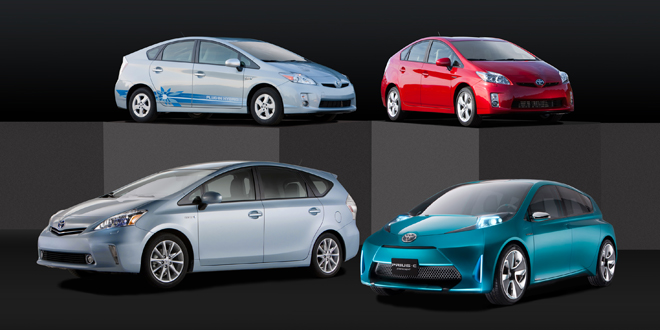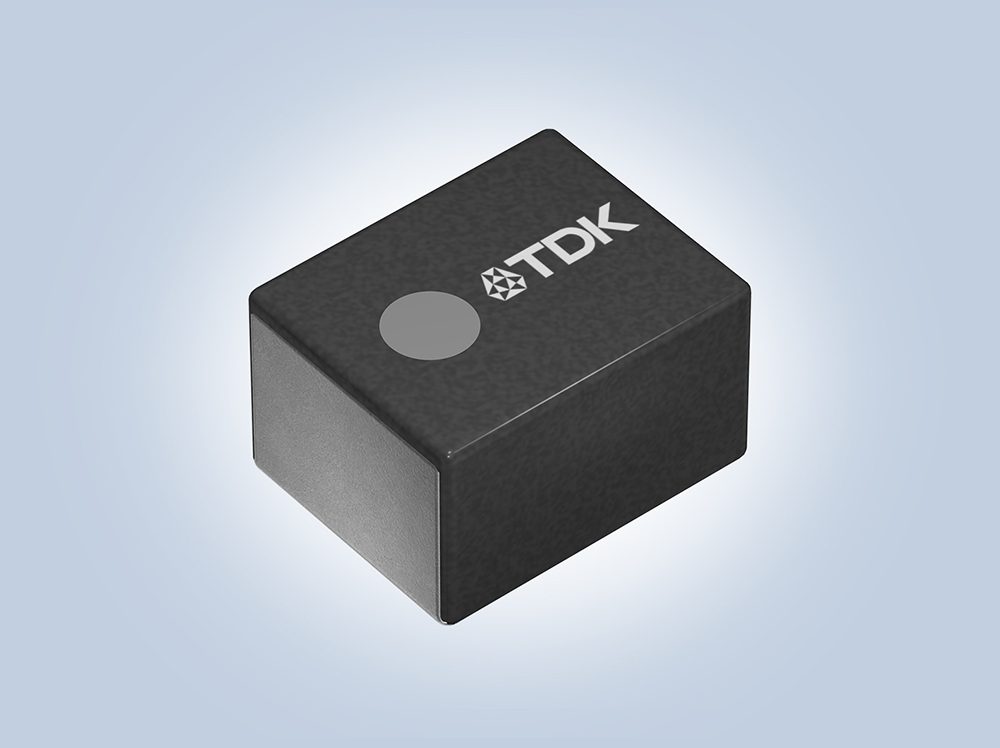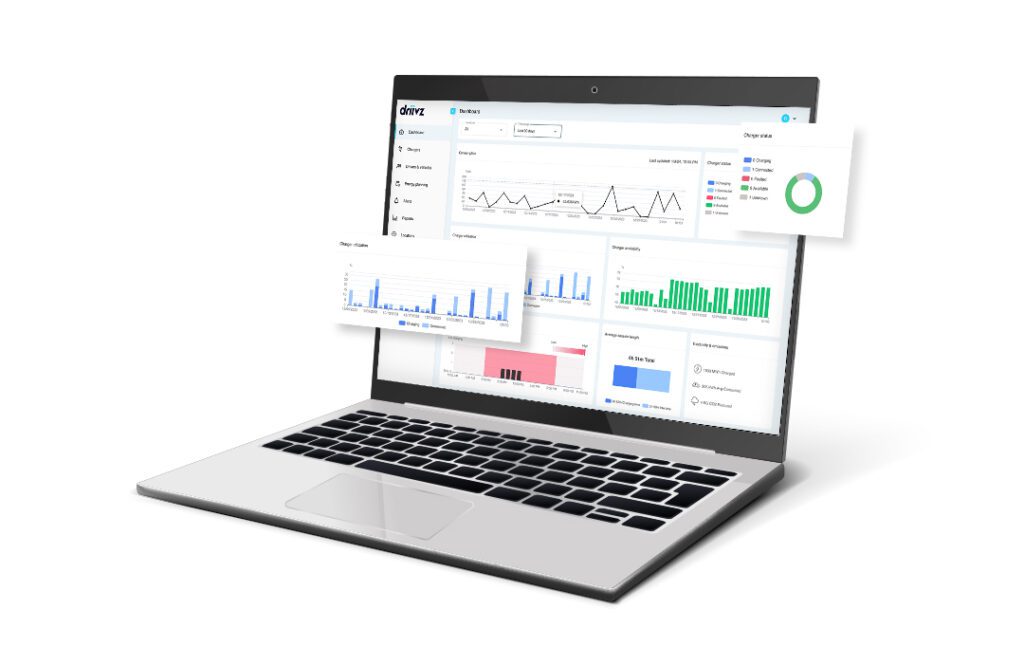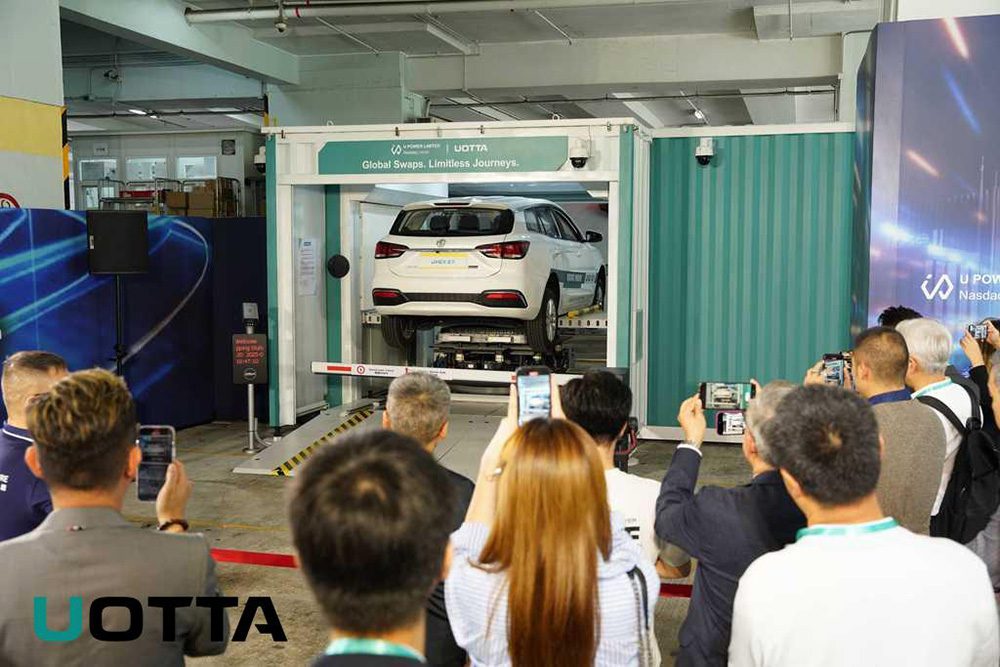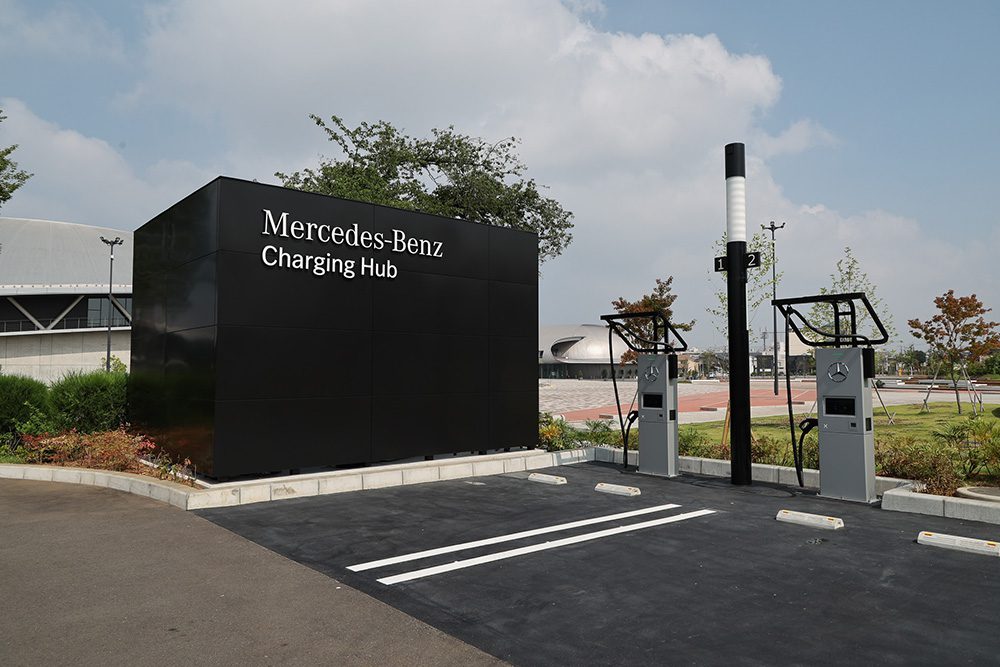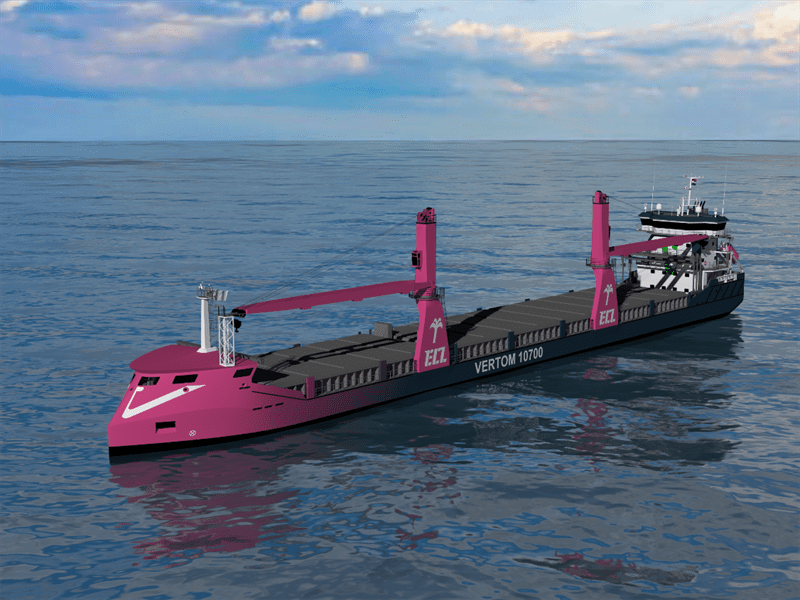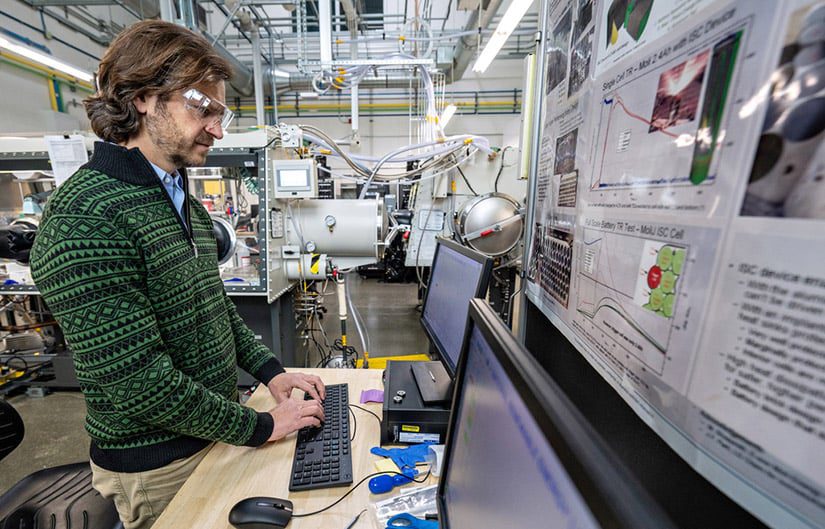With the entire collection of 23 Toyota and Lexus hybrid models as a backdrop, Toyota Managing Officer Satoshi Ogiso delivered an inspiring overview of the past, present and future of the Prius family at the “2013 Toyota Hybrid World Tour event in Michigan.
Ogiso was one of the engineers who began developing hybrid technology at Toyota in 1993. With a goal of developing a car that delivered a 50% improvement in fuel economy, Toyota considered 80 different hybrid configurations before settling on a series-parallel hybrid design with fairly simple hardware of two motors and a planetary gear set, but highly complicated software.
Two decades later, Toyota has sold five million hybrids worldwide, including three million in the US, and has big plans for the future.
By the end of 2015, Toyota plans to introduce 15 new or redesigned hybrid models, improving fuel economy and performance and lowering cost. Upgrades are planned for every major component of the hybrid powertrain.
The next-generation Prius will feature: new electric motors that are smaller in size and higher in power density; a gasoline engine with higher thermal efficiency (40% compared to the current 38.5%); an improved chassis with a lower center of gravity and increased structural rigidity; a roomier interior and new safety technologies.
R&D in new battery technology proceeds apace. “Toyota has a deep commitment to vehicle electrification and therefore, to advancing drive-battery technology,” said Ogiso. “Our next generation of hybrids will feature improved batteries with higher energy density. We have stepped up our research, development and production capacity…on both nickel-metal hydride and lithium-ion. And looking to the future, we have ramped up development on new battery technologies like solid state…and lithium air, as well as devoting resources to new chemistries beyond lithium, such as magnesium and other low valence materials.”
The next-generation Prius Plug-in Hybrid will offer a couple of key improvements. “We have been listening very carefully to Prius PHV owners and are considering their requests for additional all-electric range. We have also heard from owners that they would like a more convenient charging operation,” Ogiso said. “In response, we are developing a new wireless/inductive charging system that produces resonance between an on-floor coil and an onboard coil to transmit power to the battery, providing charging without the fuss of a cable.” Toyota will “begin verification of the system in Japan, the US and Europe in 2014.”
Source: Toyota







